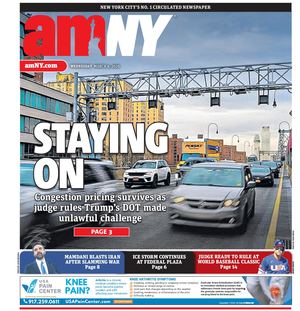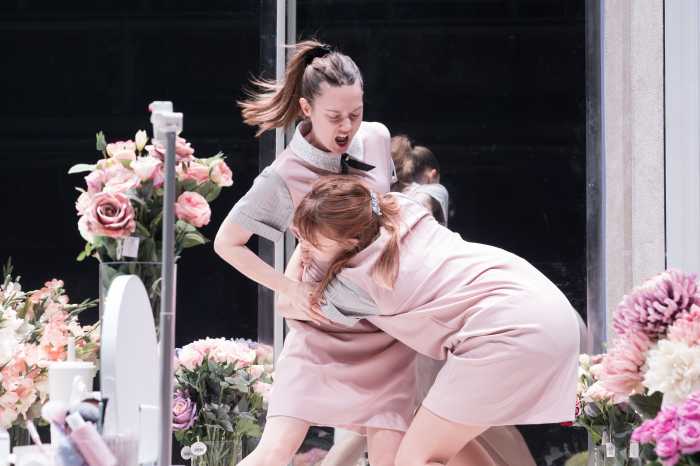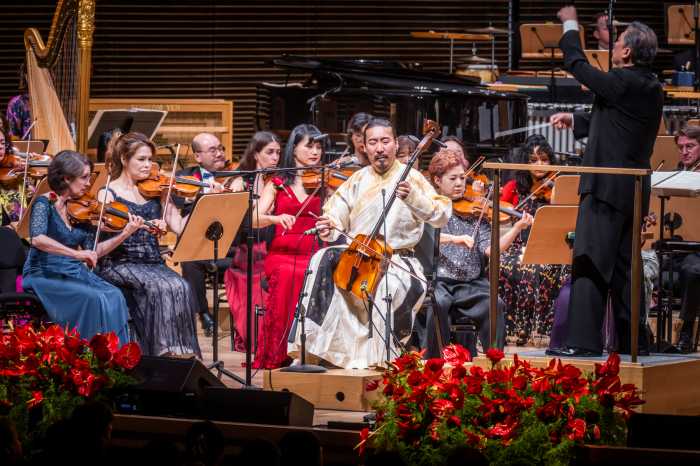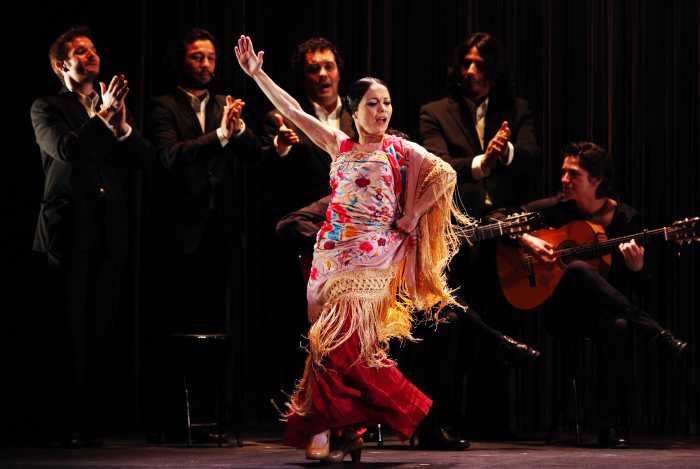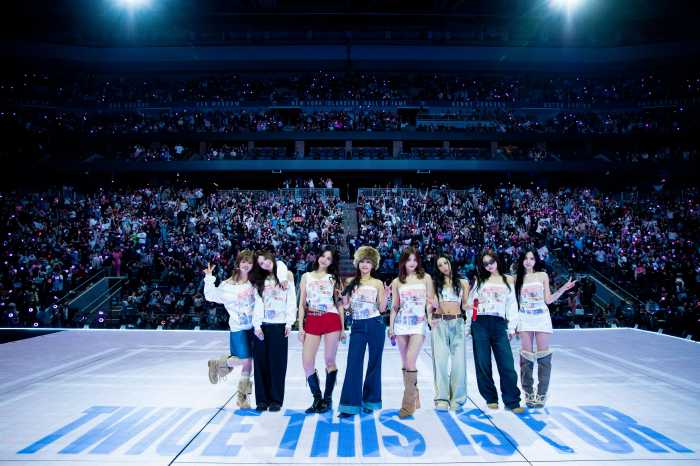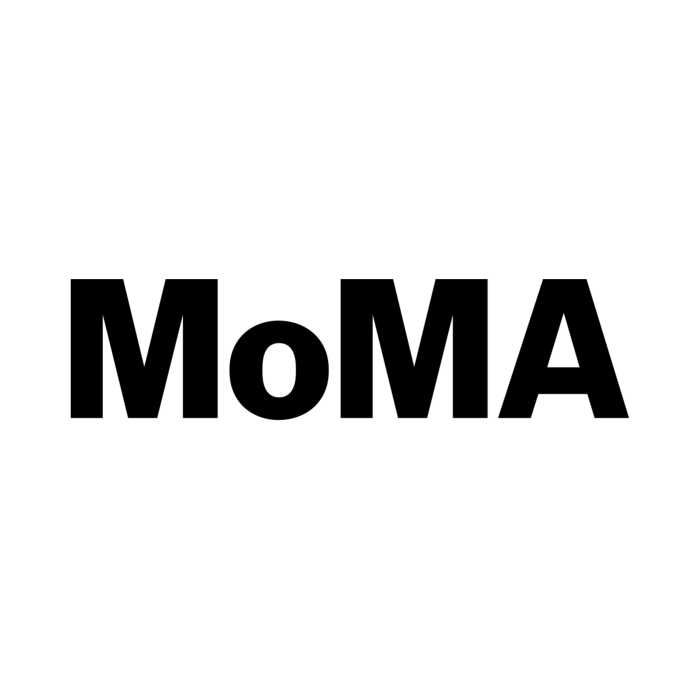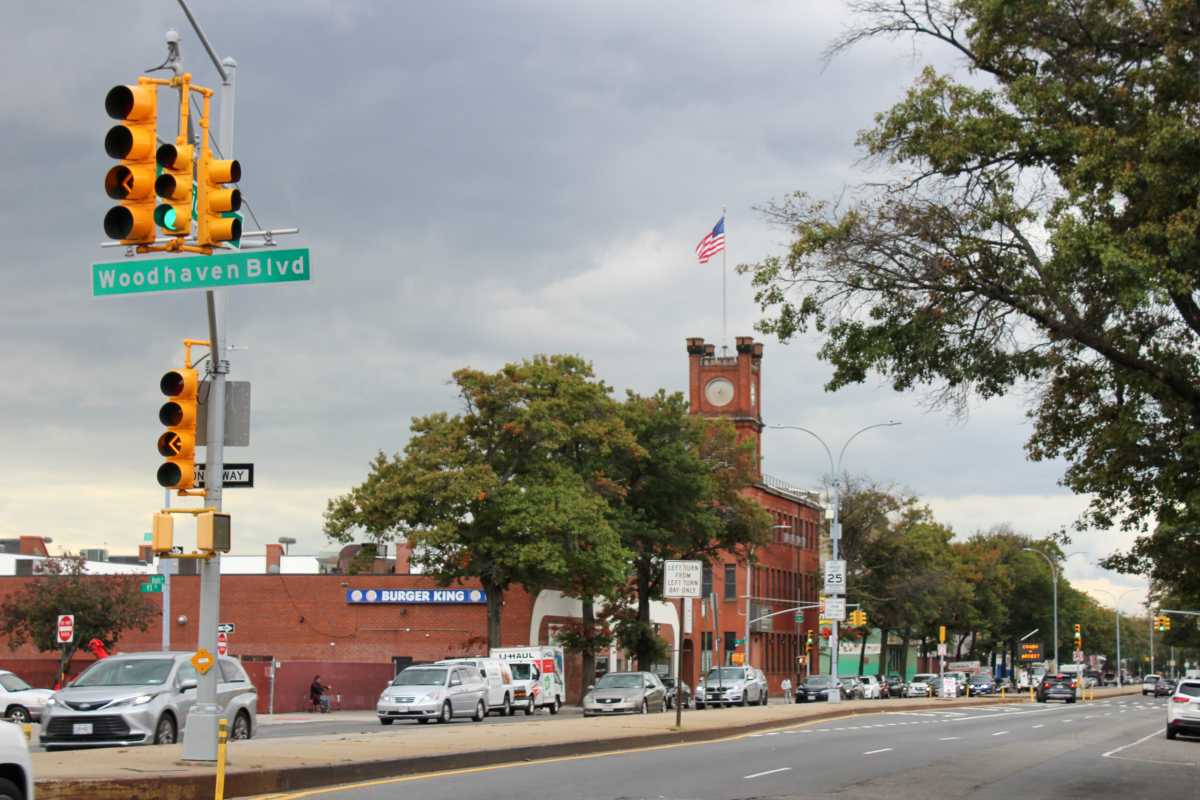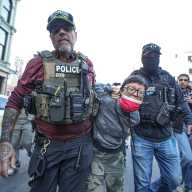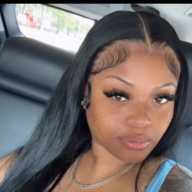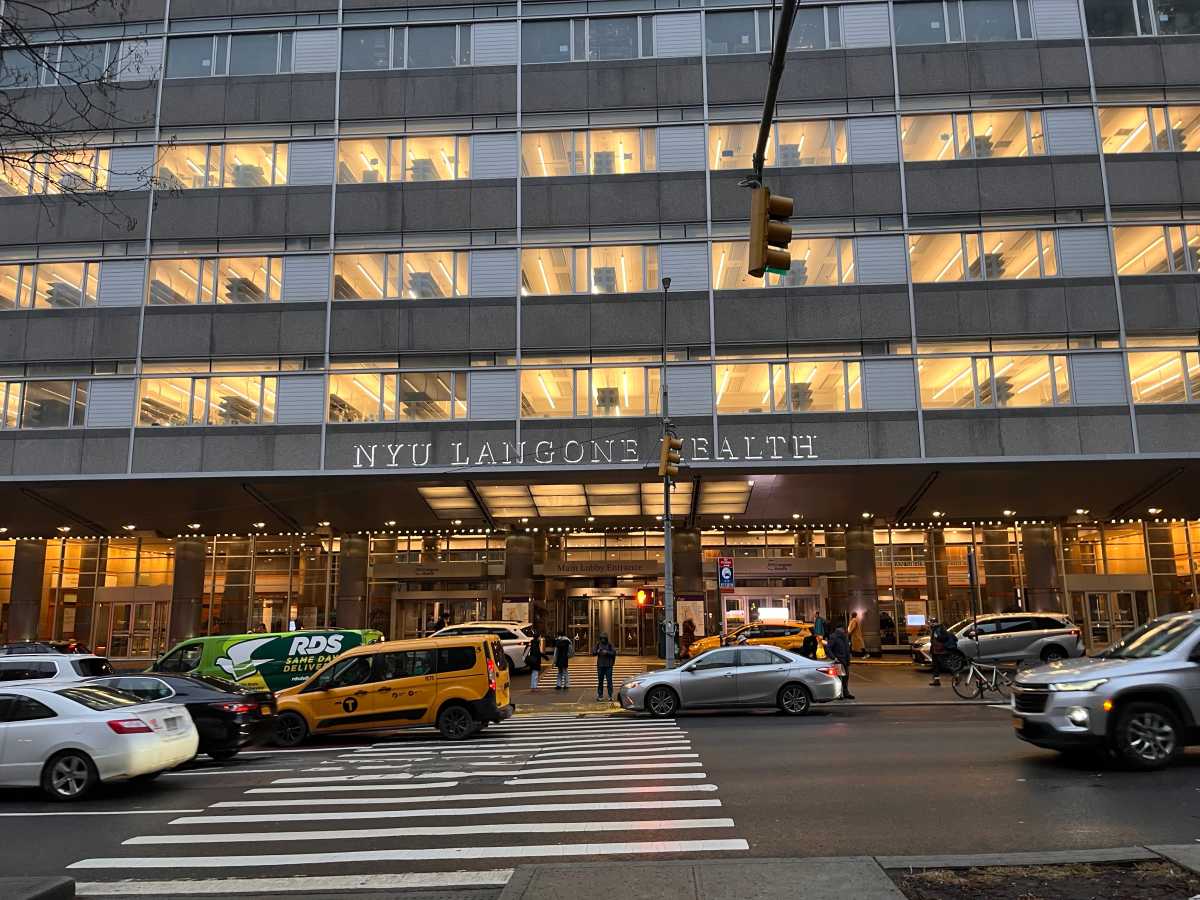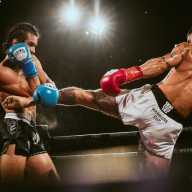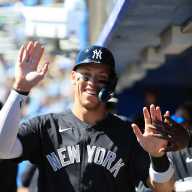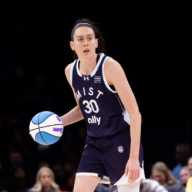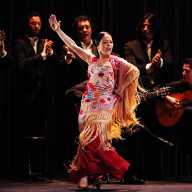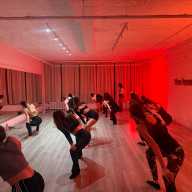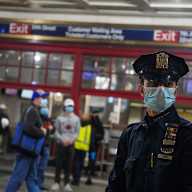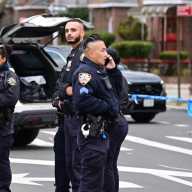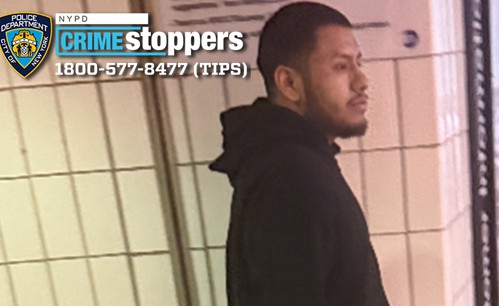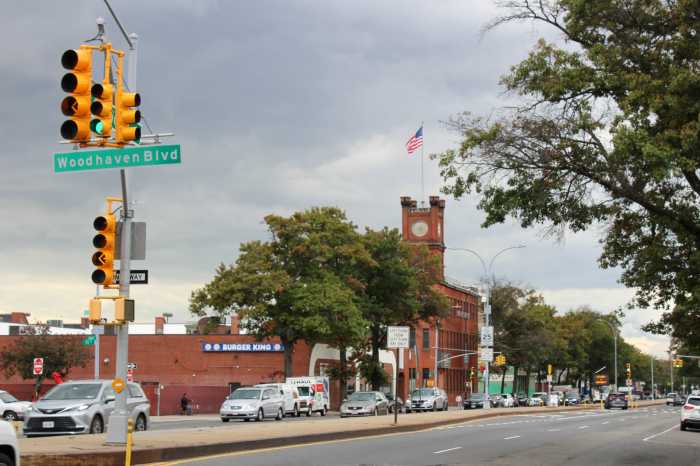A female-focused magazine run by men?
Freeform’s latest scripted series, “The Bold Type,” follows three young women trying to prove themselves at the fictional Scarlet magazine. Though filmed in Toronto, the series is set in New York City and was inspired by Cosmopolitan and its former editor Joanna Coles.
Aisha Dee (“Chasing Life,” “Skyrunners”) plays the magazine’s social media manager, a bold force who isn’t afraid to stand up to the publication’s board of superiors — which is predominantly male.
We spoke with Dee about the importance of the representation of women in the show and what’s in store for her character.
“The Bold Type” also stars Katie Stevens, Melora Hardin and Meghann Fahy. Catch the series Tuesdays on Freeform.
There’s most likely a lot in store for your character this season. Tell us what we can expect.
Out of the three girls, she’s the most confident, outspoken one. She doesn’t have any idea that she’s supposed to be intimidated by anyone and it has really worked out in her favor at this point because she’s the head of a department. It also kind of gets her into trouble at times, so we’re going to see Kat’s outspoken personality get her into some good situations and some maybe not-so-good situations while navigating her career and figuring out who she is while questioning her sexuality as well.
You know, not much going on this season for her. Pretty low key.
The series follows three young women trying to make it in the magazine industry, but, in the pilot, we see them having to present to a board that’s predominantly men. Will we see this power struggle throughout the series?
Yes, for sure. I mean, the show is really reflecting what we’re seeing in the world right now. I think young people are becoming more politically involved and kind of taking in who’s in a position of power and who’s not frequently in a position of power.
The show is about young people navigating their careers and love lives right now and it’s just reflecting what’s going on, and what’s going on is that people just becoming more aware. Also, kind of deciding that they want to fight and get engaged. We saw that with the Women’s March people came out and said, “this is not okay.” You’re going to see these girls kind of fighting for what they deserve.
One can’t help but search for “Devil Wears Prada” similarities. But Scarlet’s Editor in Chief is far from that of a Miranda Priestly. There’s something to be said about the industry moving away from the negative image of a female boss.
Yeah, well, over the years, I’ve seen some female friendships in TV and movies that I really connected with because they’re all supportive of one another. Then, you see these others where women are pulling each other down and competing with one another and as much as there’s totally a place for that too, because no one’s perfect, I loved that this show really reflects my own life. My own friends and my own mentors have always been so supportive and that’s real life. We’re really just reflecting what’s already happening in the world right now. We’re seeing women and people who really want to bring each other up and help each other and that’s what the show’s about.
Why do you feel it’s important to have a representation of women in the workforce like this one on TV today?
The funny thing is that reading this pilot and getting on this project really reminded me of why I wanted to act to begin with. I was growing up watching shows and it was really kind of a weird feeling to not see myself reflected in really any characters that had their own narratives. It means a lot to me that girls around the world will get to see these girls and see something in themselves because the three of them are so different they’ll be able to connect with that and feel represented in a way … even now, just seeing people who look like me on the TV is really a blessing and something I am so grateful to be a part of.
How does your character struggle with the repercussions of social media, specifically, during the plotline that lands a Muslim photographer detained in the Middle East?
Social media, at one point, was this kind of novel thing we all were hearing about. Now we’re seeing it in this totally different way where in a few years it’s become this really important thing in society that can start movements and really have power in the world. For Kat, she recognizes that because it’s her job to and when this opportunity comes to tell a story about this Muslim woman who’s a photographer she wants to go for it because she sees it as being really important. I love that she’s so fearless in that sense.
Social media, like anything, there’s a dark to it and there’s a light to it and it has the power to really bring light and more love into the world and also has the power to be really hard to deal with. It’s definitely something we’re all dealing with as a society, I think, especially as young people.
Do you see any similarities between Kat and yourself?
What’s funny is when we first started this I guess I was like a little naive to the fact that we’re so similar … the more that we’ve gone through the season, I’ve realized I am exactly like Kat … She’s bold, confident and she’ll fight for what she wants, but she also is the kind of friend that fights for what her friends need. She’s someone who I aspire to be like, but we’re definitely similar.
This bold, admirable character seems like a familiar role for you.
That’s what I’m really attracted to. I love the idea of playing a character that will not be put in a box or labeled or told what they should believe or do with their lives. They’re risk takers and part of that is maybe because that’s how I want to be.
